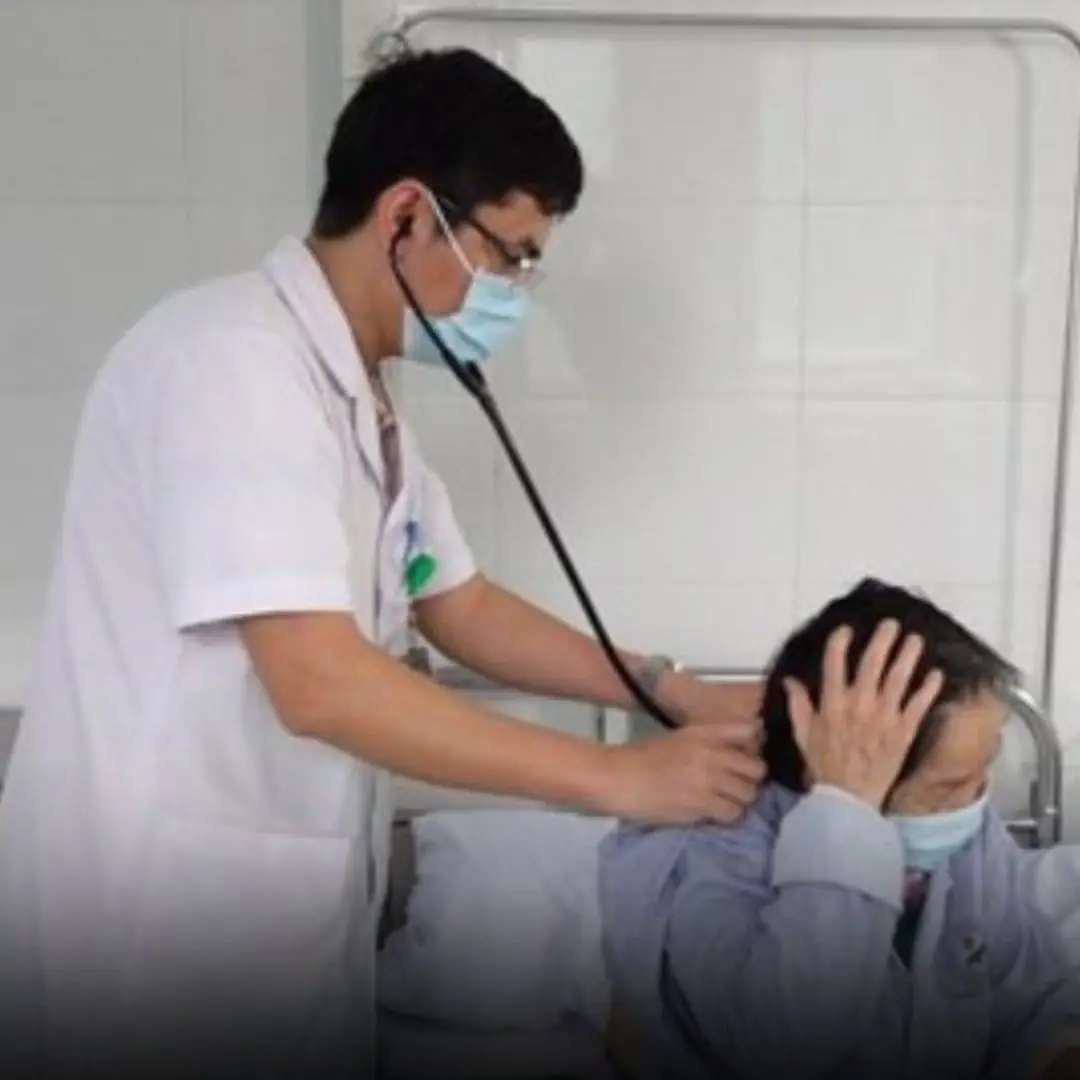
Surprising causes of hives revealed - What may be triggering your skin
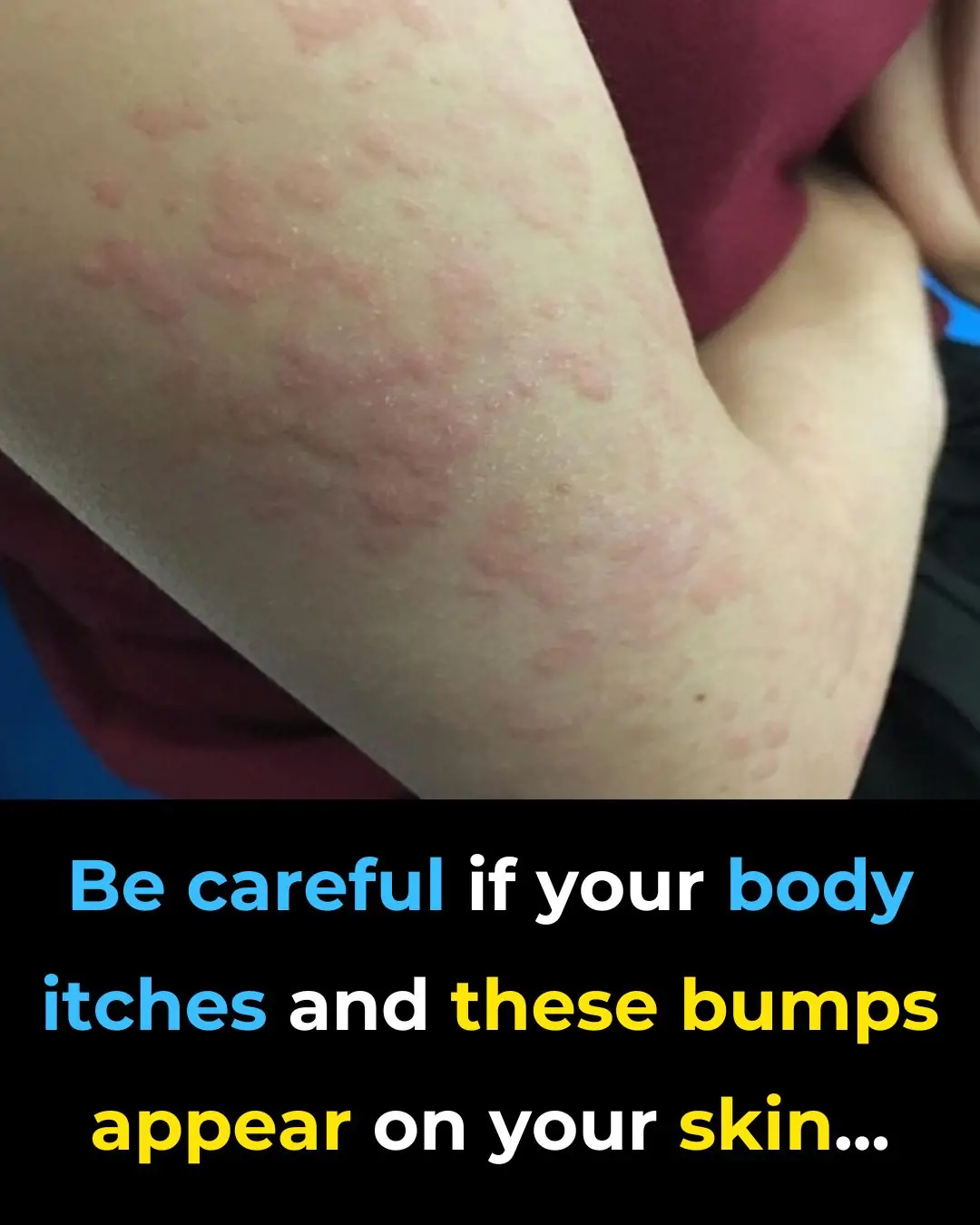
Hives, medically known as urticaria, are raised, red, itchy welts that appear on the skin. They can vary in size and shape, often causing discomfort and distress. While many people associate hives with allergic reactions, the true causes can be surprisingly diverse. Understanding what triggers hives is essential not only for symptom relief but also for preventing future outbreaks.
This article explores the common and surprising causes of hives, how to identify triggers, and practical prevention strategies to keep your skin calm and healthy.
What Are Hives?
Hives are a skin reaction that occurs when the body releases histamines in response to a trigger. This release causes the blood vessels to leak fluid into the skin, resulting in red, itchy, and swollen patches. Hives can appear anywhere on the body and may be:
-
Acute: Lasting less than six weeks, often due to temporary triggers like food or medication.
-
Chronic: Lasting more than six weeks, often with no clear cause.
Surprising Causes of Hives
While allergies are a well-known trigger, there are several unexpected causes that can provoke hives:
1. Stress and Anxiety
-
How it happens: Emotional stress can trigger the release of histamines and other chemicals in the body, leading to hives.
-
Signs: Hives often appear during or after stressful events, even if no other allergy trigger is present.
-
Example: Hives may flare up before a big exam, during work deadlines, or after emotional arguments.
2. Temperature Changes
-
Cold or heat: Exposure to cold weather, hot showers, or rapid temperature changes can trigger physical urticaria.
-
Sun exposure: Some people develop solar urticaria, where sunlight causes itchy welts.
-
Signs: Hives appear only in areas exposed to temperature extremes or sunlight.
3. Foods and Additives
-
Common triggers: While foods like nuts, shellfish, and eggs are known allergens, less obvious foods such as chocolate, citrus, or certain food additives (like preservatives and artificial coloring) can also cause hives.
-
Signs: Hives appear shortly after eating specific foods, often accompanied by mild swelling or redness.
4. Medications
-
Unexpected culprits: Antibiotics, painkillers like NSAIDs, and even vitamin supplements can trigger hives in sensitive individuals.
-
Signs: Hives often appear within hours of taking a new medication.
5. Infections
-
Bacterial or viral infections: Common infections, such as strep throat, urinary tract infections, or even a cold or flu, can provoke hives as the immune system reacts.
-
Signs: Hives may be accompanied by fever, fatigue, or other infection symptoms.
6. Exercise
-
Exercise-induced hives: Physical activity can trigger hives in some people, often linked to heat, sweating, or a combination of food intake and exercise.
-
Signs: Itchy welts appear during or after exercise, sometimes with swelling of hands or feet.
7. Pressure or Friction
-
Mechanical urticaria: Tight clothing, straps, or prolonged pressure on the skin can trigger hives.
-
Signs: Hives appear only in areas where clothing or other objects press against the skin.
Symptoms to Watch For
-
Raised, red or pink welts on the skin
-
Itching, burning, or stinging sensation
-
Swelling around the affected areas
-
Rapid appearance and disappearance: Individual hives may vanish within 24 hours, though new ones may continue to form.
How to Prevent Hives
Preventing hives largely depends on identifying and avoiding triggers. Here are effective strategies:
1. Manage Stress
-
Practice mindfulness, meditation, or yoga to reduce emotional stress.
-
Maintain a regular sleep schedule to keep your body balanced.
-
Engage in hobbies or relaxation techniques that help you stay calm.
2. Avoid Trigger Foods
-
Keep a food diary to track what you eat and note any hives outbreaks.
-
Avoid foods known to cause reactions or experiment under the guidance of a nutritionist or allergist.
3. Monitor Medications
-
Discuss new medications with your doctor, especially if you have a history of allergies.
-
Consider alternatives if a specific medication consistently triggers hives.
4. Protect Against Temperature Changes
-
Dress appropriately for weather conditions, including layers in cold climates.
-
Avoid hot showers immediately after exercising or swimming.
-
Use sunscreen and protective clothing when exposed to sunlight.
5. Exercise Smart
-
Stay hydrated and avoid intense workouts immediately after consuming potential trigger foods.
-
Wear breathable clothing and take breaks during prolonged exercise.
6. Minimize Skin Pressure
-
Wear loose-fitting clothes and avoid tight accessories.
-
Alternate positions or reduce prolonged pressure on the skin to prevent mechanical urticaria.
7. Seek Medical Advice for Chronic Hives
-
Chronic hives lasting more than six weeks should be evaluated by a doctor.
-
Antihistamines or other medications may be prescribed to control symptoms.
-
Allergy testing may help identify hidden triggers.
When to See a Doctor Immediately
While most hives are mild and temporary, certain situations require urgent medical attention:
-
Hives accompanied by difficulty breathing or swallowing
-
Swelling of lips, tongue, or throat
-
Severe pain, fever, or widespread hives
-
Suspected reaction to medication or insect bite
These symptoms could indicate a serious allergic reaction (anaphylaxis) or other health emergencies.
Conclusion
Hives are more than just a skin irritation - they can signal allergic reactions, stress, environmental factors, or underlying medical conditions. Understanding the surprising causes of hives empowers you to take proactive measures to prevent outbreaks. By managing stress, avoiding trigger foods, monitoring medications, and protecting your skin from environmental factors, you can significantly reduce the frequency and severity of hives.
Early detection of triggers and preventive action not only keeps your skin calm but also contributes to overall health and well-being. Remember, while occasional hives may be harmless, chronic or severe hives deserve medical evaluation to rule out underlying health issues.
News in the same category

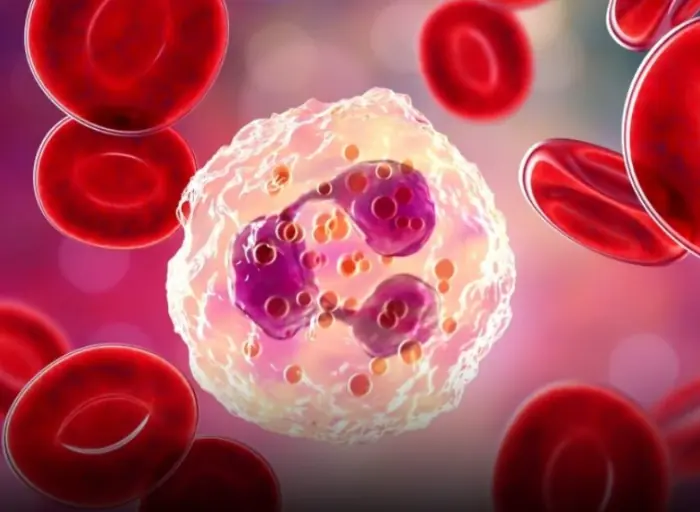
Doctors identify the blo.od type most at risk developing stomach can.cer

My Husband of 12 Years Started Locking Himself in the Garage – When I Finally Broke the Lock, I Realized I Never Really Knew Him
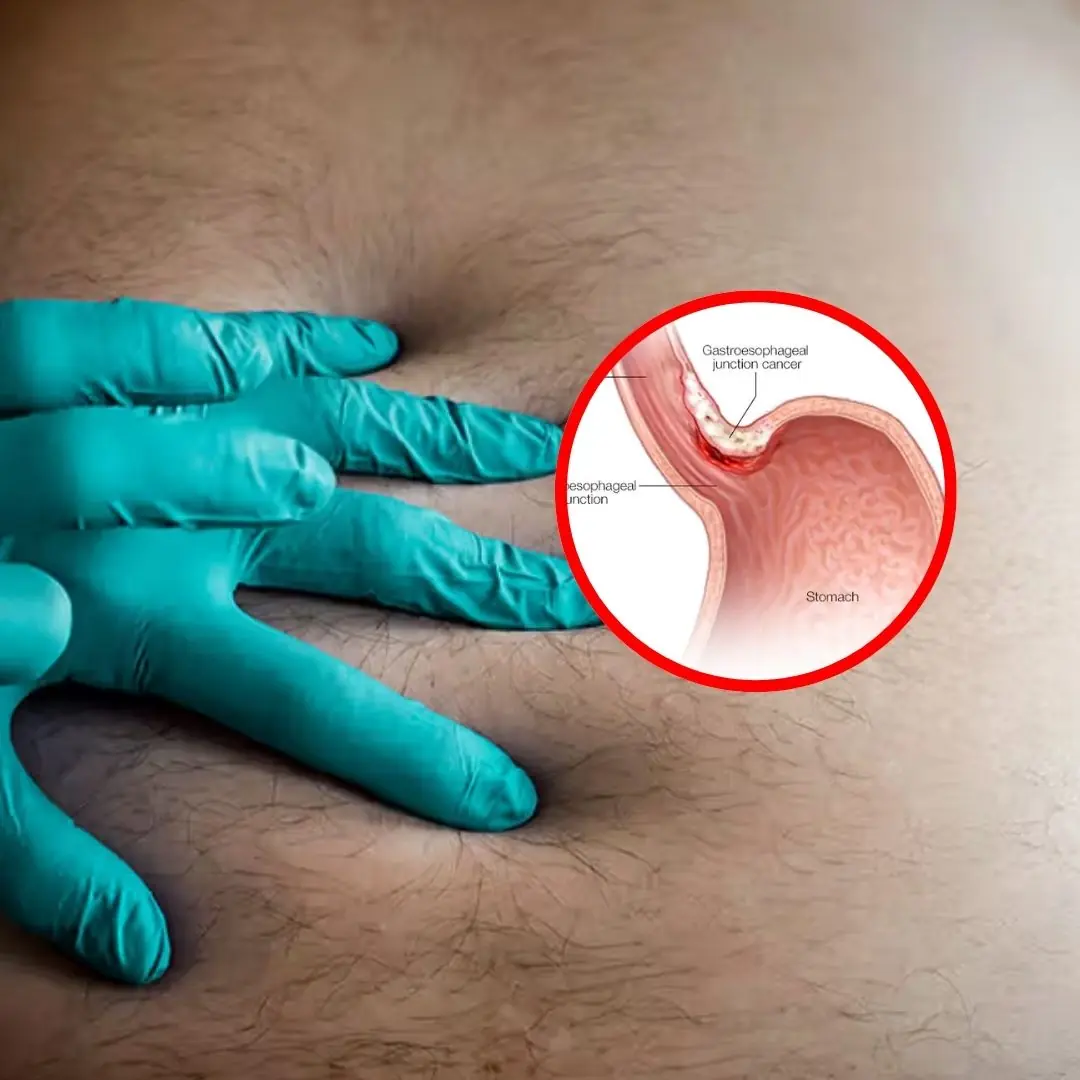
Most stomach can.cers are detected late: Doctors say there are 5 symptoms after meals

Doctor's War:ning: Stop Eating These 4 Foods Immediately They Contain Lots of Parasites

Expert reveals “Military Sleep Method” that helps you fall asleep in just two minutes

Put this thing in a lemon and put it in the corner of the house
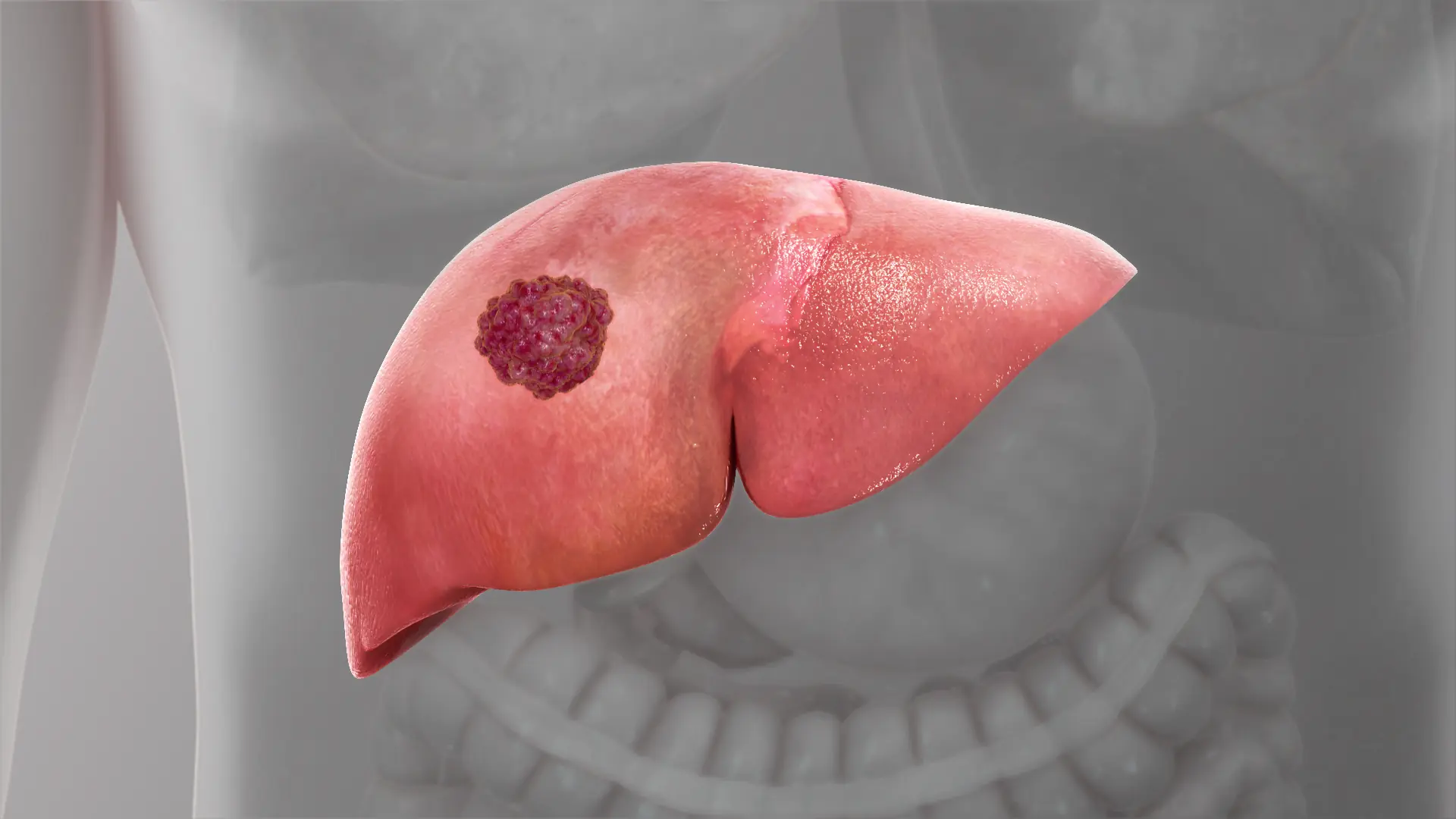
The 6 Earliest Symptoms of Liv.er Can.cer Most People Overlook
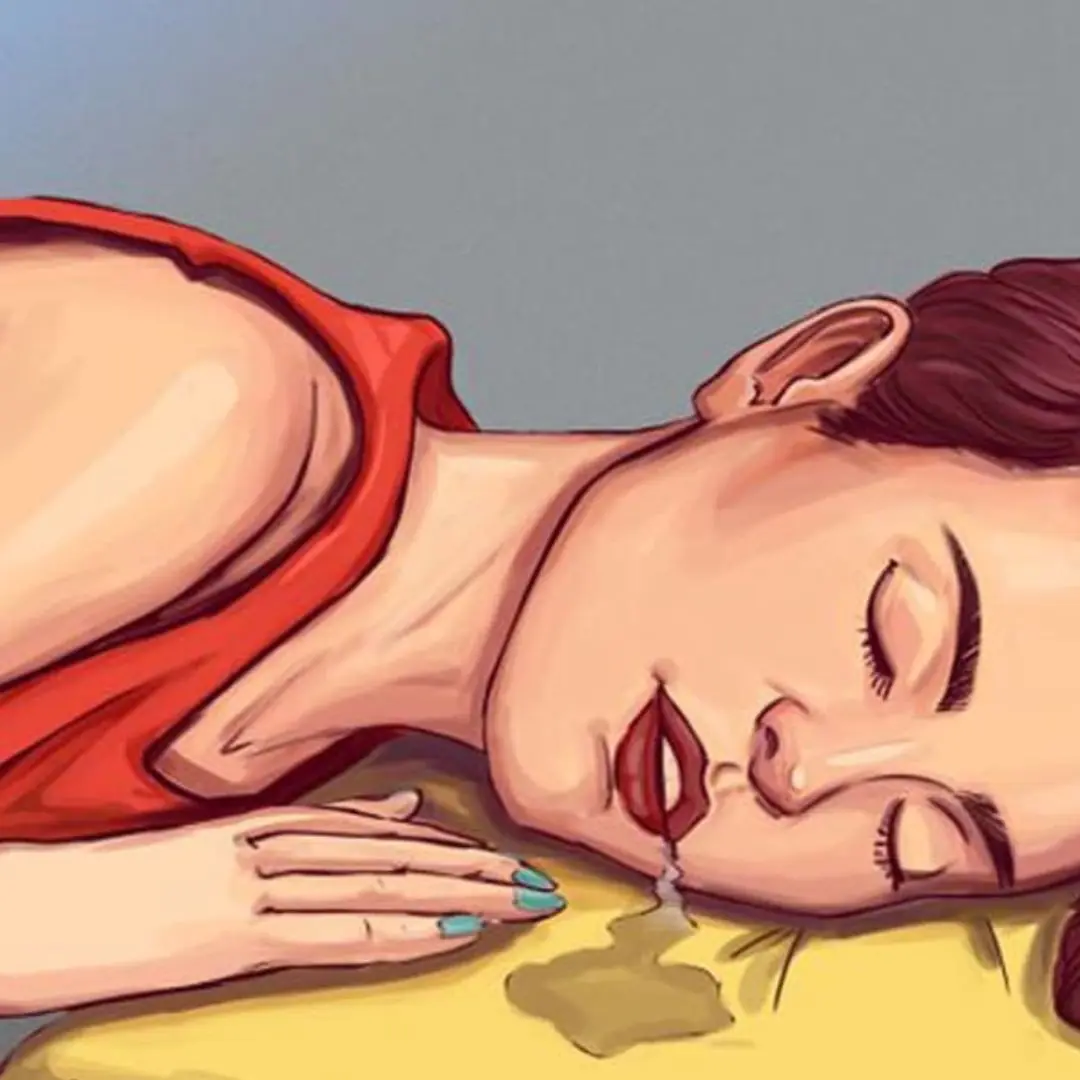
Too Much Saliva in Your Mouth? It Could Be a Warning of Health Issues
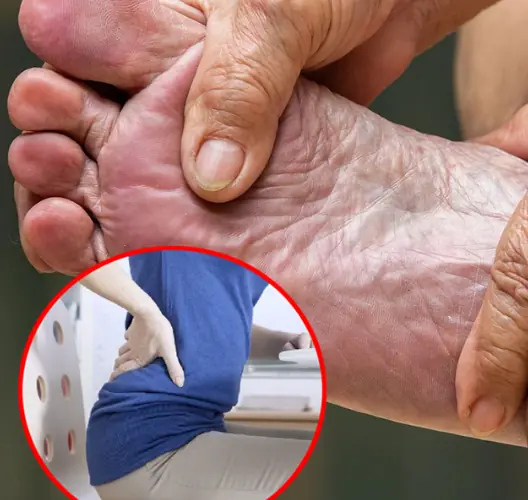
6 types pa.in you shouldn’t ignore

The benefits of carrot and lemon for skin health
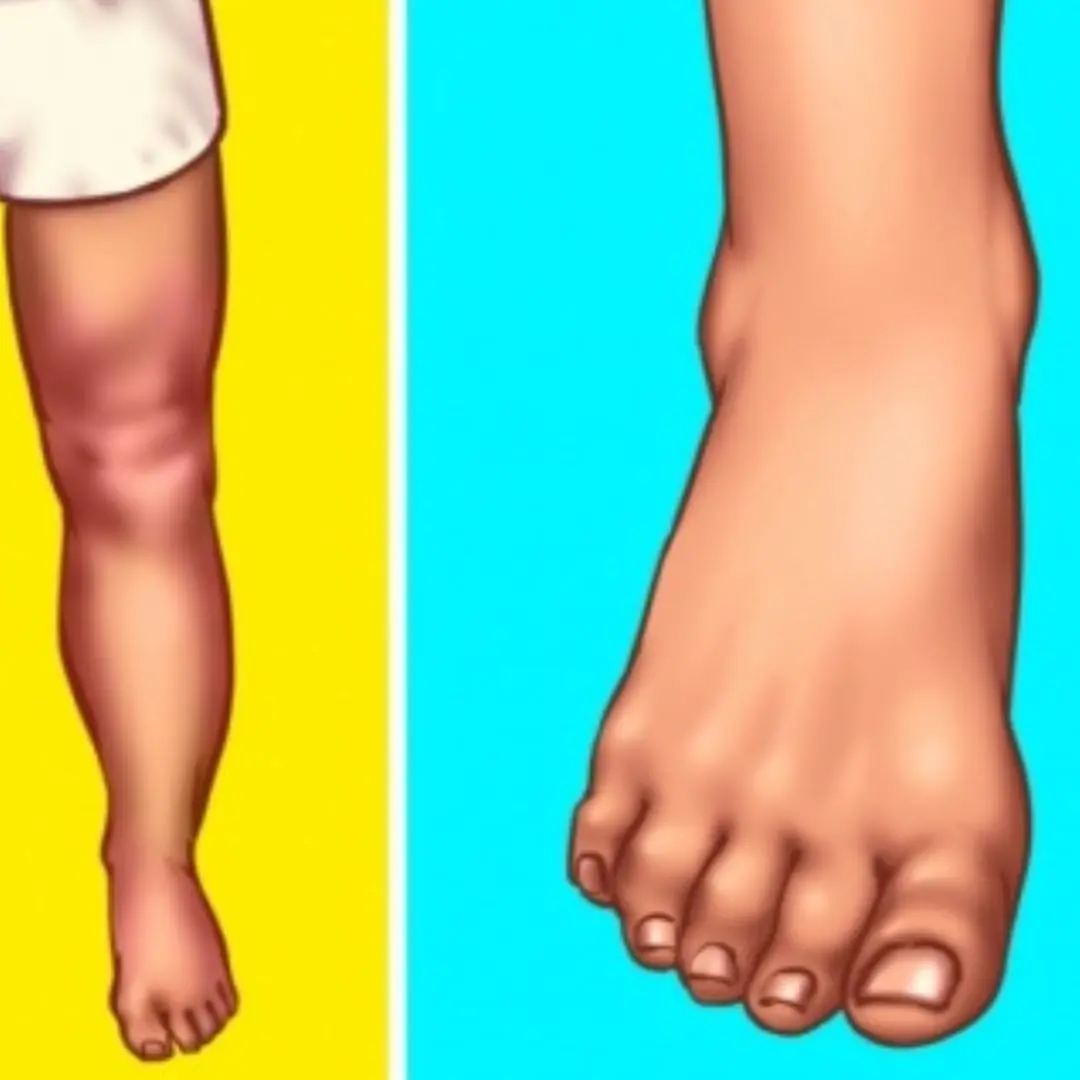
Pay attention to these eight major causes of swelling that can occur throughout the body
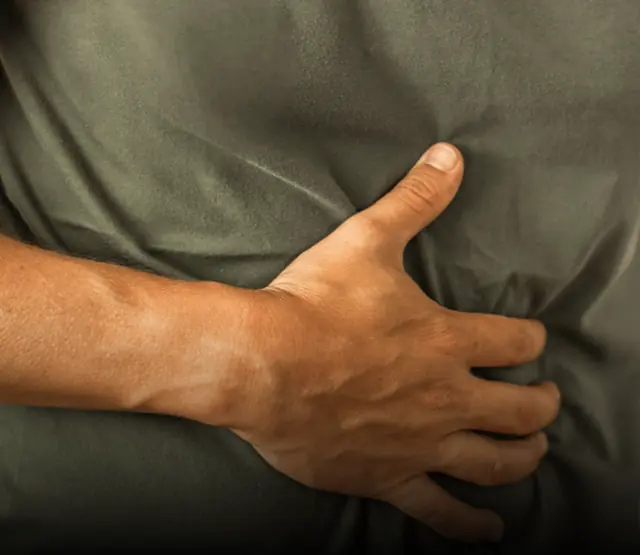
Experts reveal 5 can.cer symptoms that are easy to ignore

Scientists discover the maximum age a human can live to

Coconut water offers many health benefits — but these 5 groups of people should never drink it, as it could do more harm than good
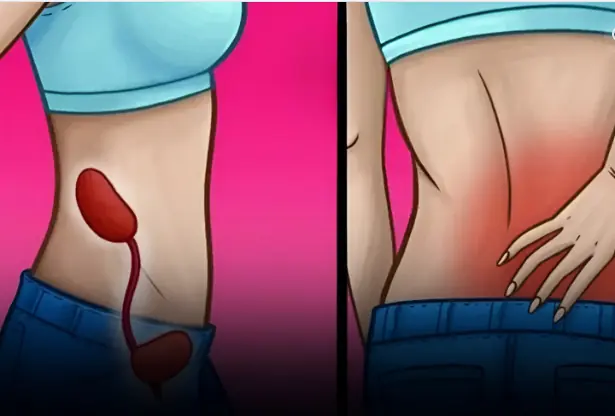
If Your Kidneys Are in Danger, the Body Will Show these 10 Signs
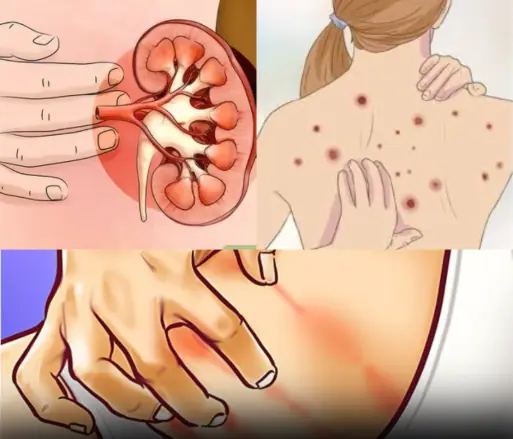
If Your Kidneys Are in Danger, the Body Will Show these 10 Signs

The Meaning Of The Intriguing Gesture Of Scratching The Palm Of Another Person’s Hand
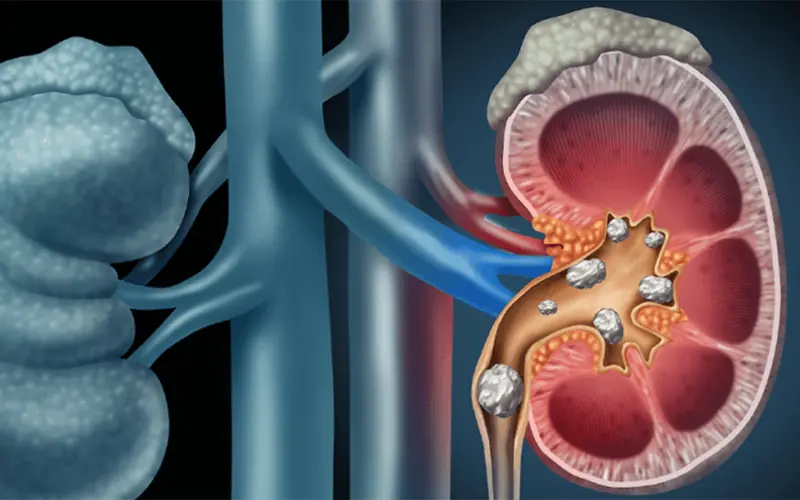
The man with kid.ney stones drank lemon water every day — and the doctor gave him five surprising words
News Post

Doctors identify the blo.od type most at risk developing stomach can.cer

Refrigerator has a small button that can save millions in electricity bill

My Husband of 12 Years Started Locking Himself in the Garage – When I Finally Broke the Lock, I Realized I Never Really Knew Him

I Bought a $20 Couch at a Garage Sale, and It Changed My Life in a Day

My MIL Banned Me and My Kids from Using the Bathroom for a Whole Week – When I Ignored Her and Went in Anyway, I Screamed

Why eating boiled corn and sweet potatoes in the morning is good for you — 3 key benefits

Airport staff reveals: The fastest and simplest way to get luggage without having to wait long

Most stomach can.cers are detected late: Doctors say there are 5 symptoms after meals
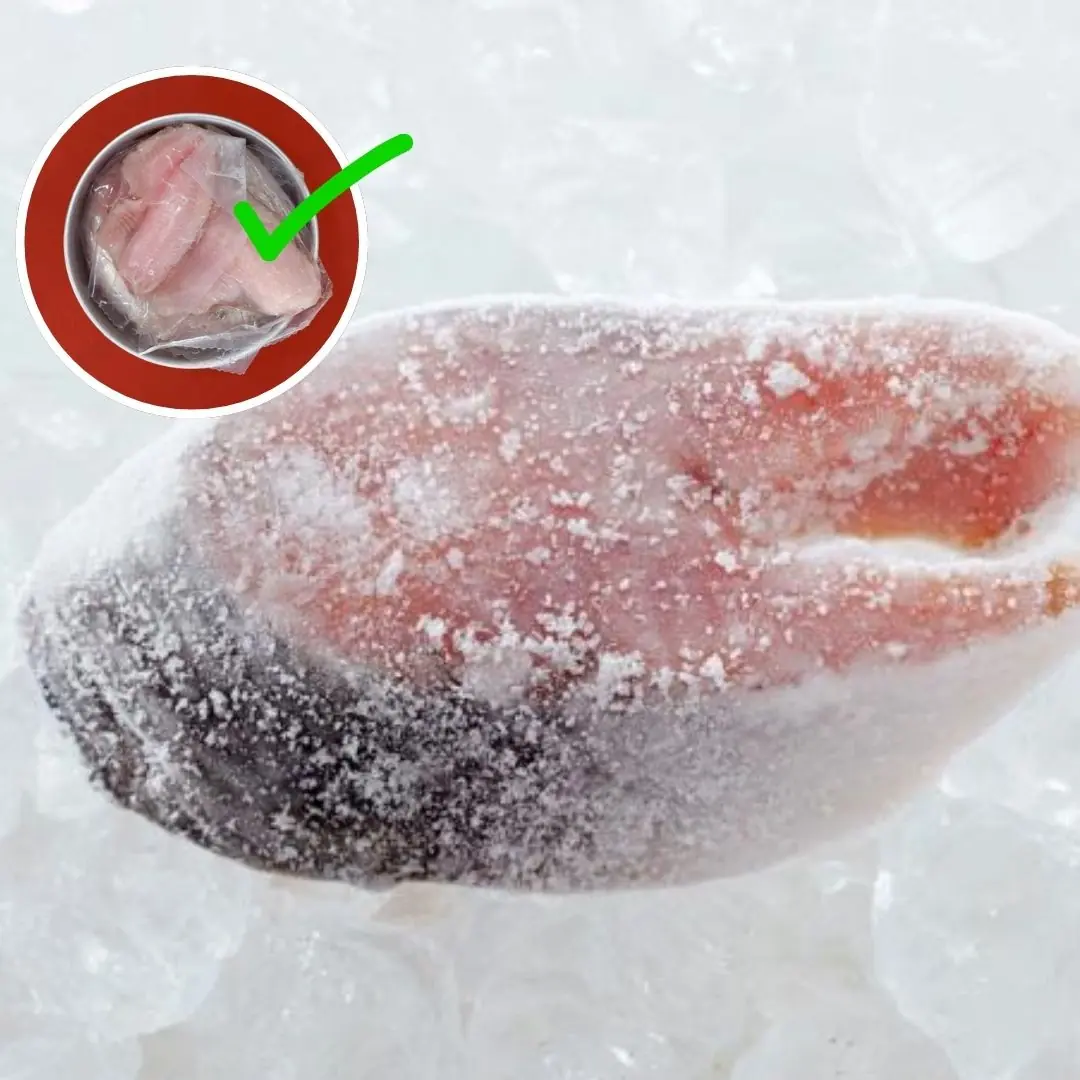
Do not immerse fish directly in water when defrosting. The restaurant chef taught me 3 tips after defrosting, the fish will be as fresh as r.a.w fish

Doctor's War:ning: Stop Eating These 4 Foods Immediately They Contain Lots of Parasites

Expert reveals “Military Sleep Method” that helps you fall asleep in just two minutes

Put this thing in a lemon and put it in the corner of the house

She flagged down the one man everyone else would run from, because the real monster chasing her wore a suit

The 6 Earliest Symptoms of Liv.er Can.cer Most People Overlook

Too Much Saliva in Your Mouth? It Could Be a Warning of Health Issues

Strange but True: Europe Now Demands That Sausages and Burgers Must Contain Meat — Here’s Why

The surprising benefits of garlic skins: Many people regret not knowing sooner

6 types pa.in you shouldn’t ignore
